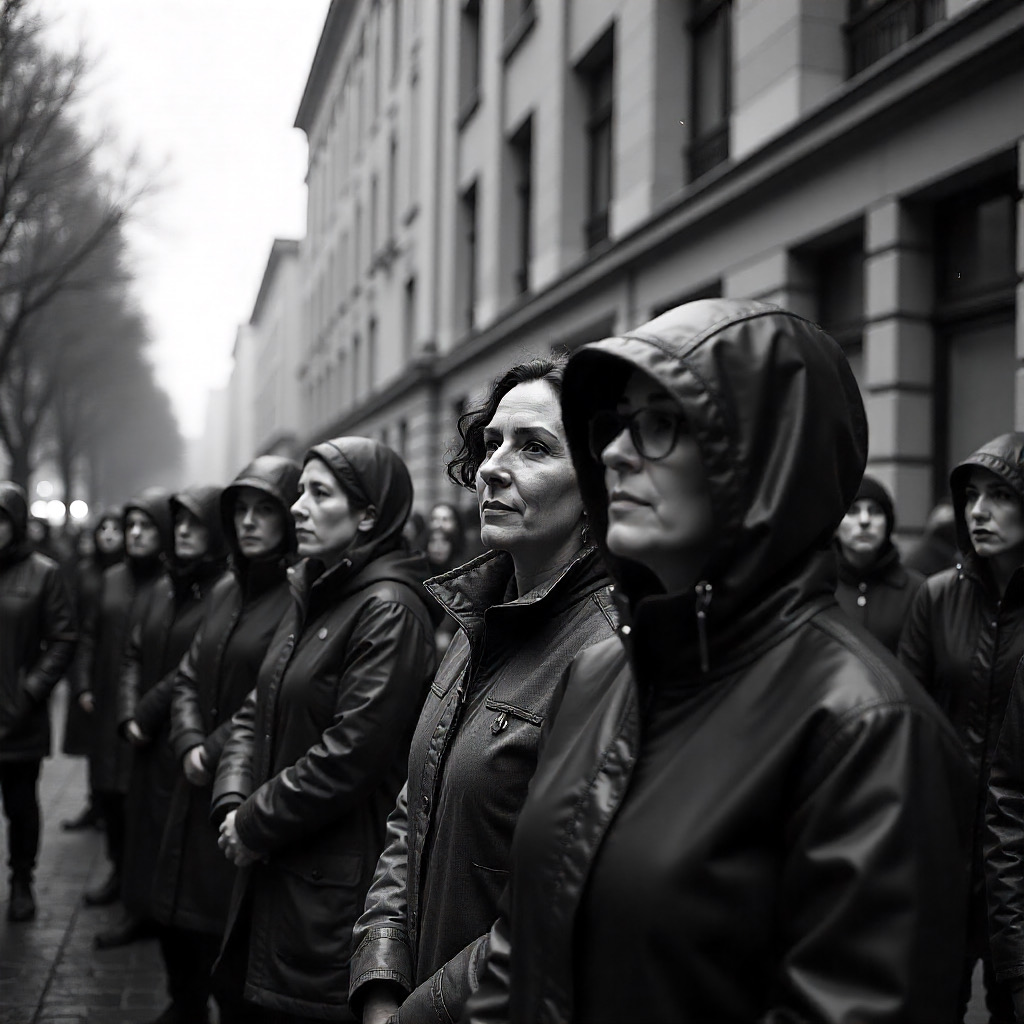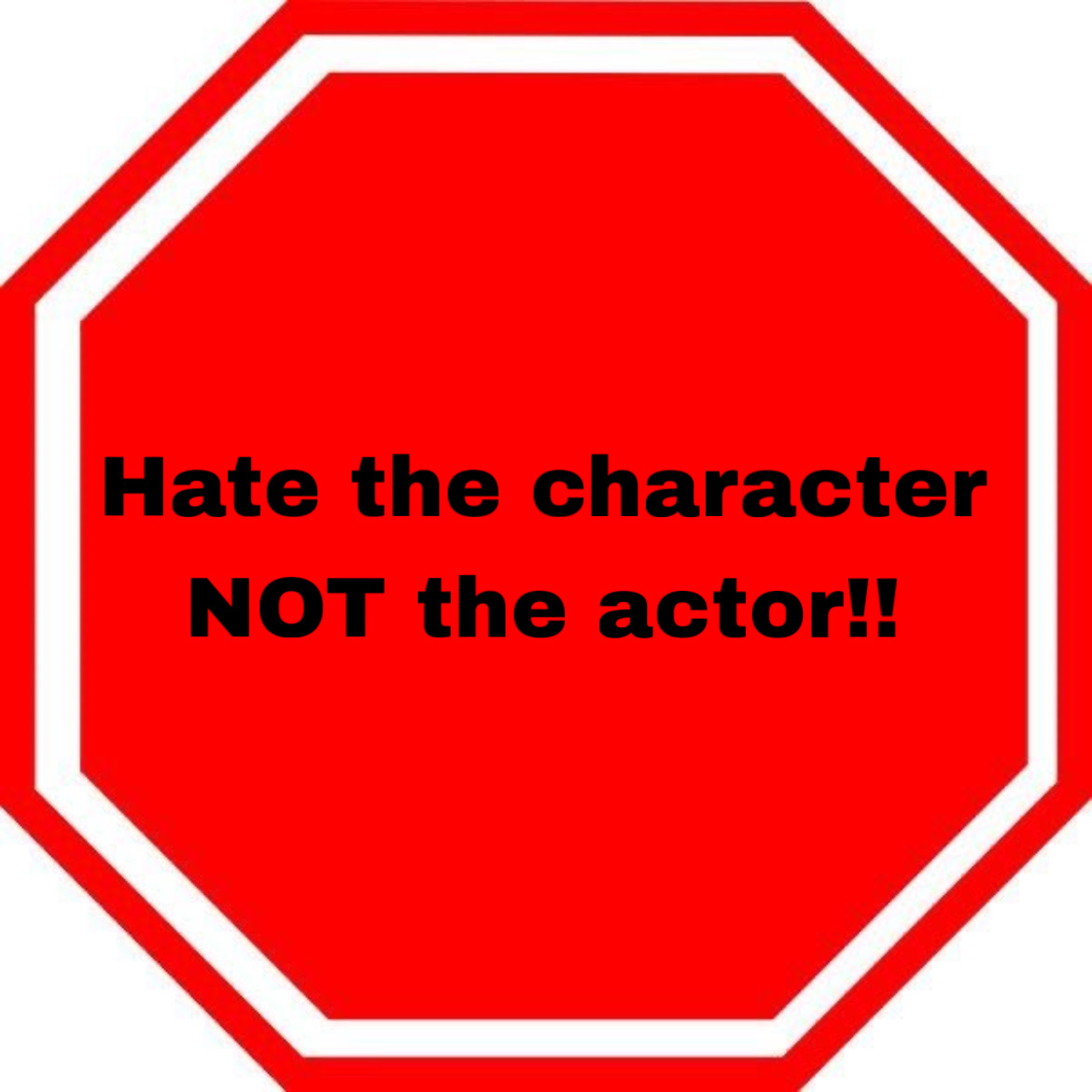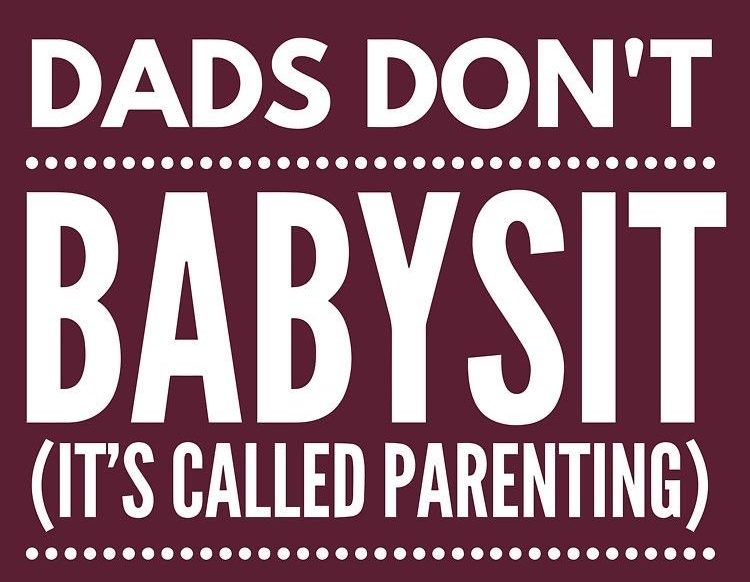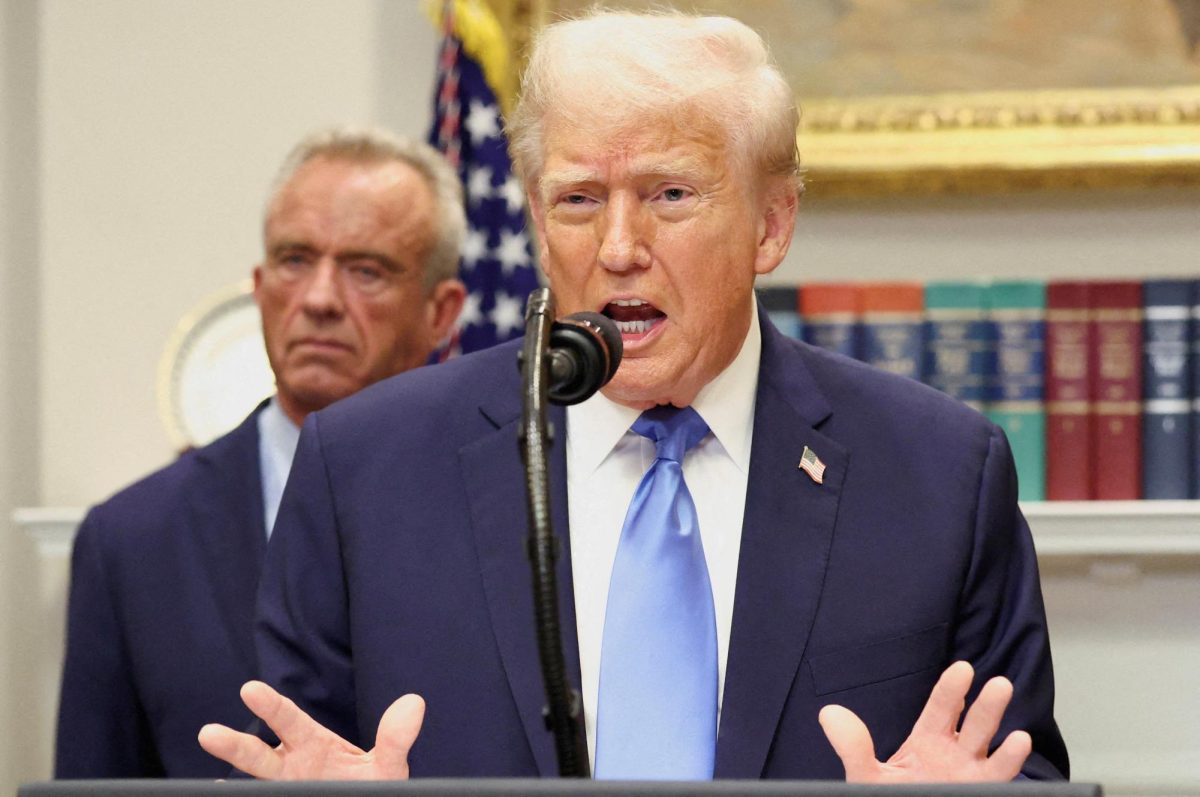The United States has used the death penalty since colonial times. The primary means of execution have been hanging, electrocution, the gas chamber, firing squad, and lethal injection. Roughly 4% of victims sentenced to death in the United States are most likely innocent. When factoring in social and collateral costs, the U.S. spends about $182 billion of funding and taxpayer dollars toward keeping inmates in prison and maintaining the incarceration system.
When there are people who have committed heinous, horrible, and vile crimes, the death penalty is occasionally used (less and less frequently today). Many believe that these people don’t deserve a chance at life—that they are past a point of redemption and morality. Some may argue that it’s an easy escape or a getaway from having to live the rest of their life in prison. Many also don’t want to keep these evil people alive through taxpayer dollars, as our money as citizens goes toward keeping them here with us.
In my opinion, the death penalty is uncivilized and morally incorrect. Many of my stories follow a right-wing perspective on political views and opinions, yet when it comes to the death penalty, a staggering 77% of Republicans are advocates for the execution of certain inmates, while 40% (still a high number) of Democrats support this penalty as well.
Being a pro-life Catholic, I believe that it is not in our hands or our duty to take the life of another, in the womb or out. I believe that many Republicans who are pro-life contradict themselves, as their strong stance on the sanctity of life completely changes based on the actions someone has committed. While I agree that a baby who has not been born yet is innocent of the law and incapable of wrongdoing until post-pregnancy (and hopefully a lot longer after that), to be pro-life only in the context of innocence versus evil is inconsistent. The act of taking a life makes us no better than the person committing the crimes themselves.
While the death penalty is now carried out in the most humane ways possible, there is still no truly humane way to kill a living human being. Humans have used the death penalty in one way or another for almost all of recorded history. While execution methods have been far worse in the past, the punishments have not always fit the crimes. Though the penalty may serve justice to the victims, prevent taxpayers from paying for death-row inmates’ ability to live in prison, or ensure that horrible people are not allowed to roam the earth, it remains a backward form of justice.
Living in the past is not a great way to move forward. While I am all for tradition, I also support innovation and change. The good thing about the amendments is their ability to amend. America was built with the understanding that things are not always perfect, and what is considered right or wrong can evolve. With many of our death penalty cases disproportionately affecting people of color, it is clear that in the past, it was used as a way of committing injustices out of racial prejudice.
As we have seen in recent years, many states have opposed the death penalty, and its use has declined each year. While some states still allow it, I believe change is happening—and that change is for the better.









